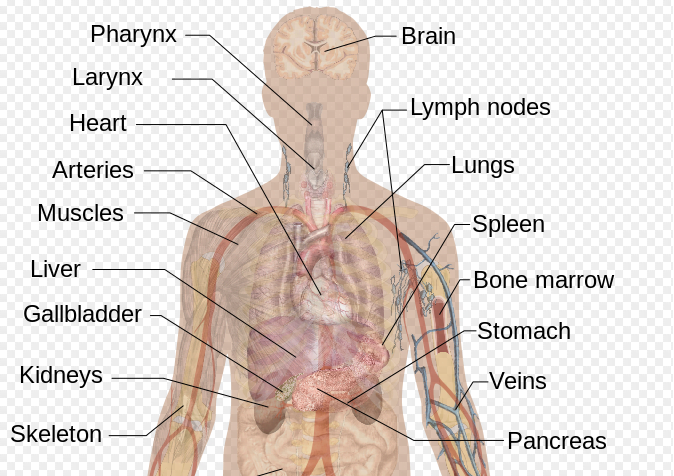Researchers at Hadassah University Medical Center on Jerusalem’s Mount Scopus have discovered the gene that causes primary ciliary dyskinesia (PCD), a rare inherited condition that affects functioning of the minute hairs (cilia) in the respiratory system and causes “transposition” of organs.
The discovery – by pediatrics branch chairman Prof. Eitan Kerem, Dr. David Shosayov, Dr. Malna Cohen and genetics department head Prof. Orly Elpeleg – focused on five children from two different families who suffer from PCD.
Related articles
- Researchers Find Clear Genetic Link Between Fat And Bone Conditions
- Discovering The Missing “LINC” To Deafness
The doctors found that a mutation in the LRRC6 gene (leucine-rich repewat containing protein 6) caused the problem. They published their finding recently in PLoS One (Proceedings of the [US] Library of Science One). One of the results of the defect is repeated lung infections, sinusitis, frequent ear infections and fertility problems.
In about half of the cases, the mutation causes organs to develop in a “mirror image.” For example, the heart develops on the right side of the chest instead of on the left, while the liver grows on the left and the stomach and spleen on the right. Therefore, they learned, the cilia have an important function in fetal development.
A phenomenon more common than thought
Three of the affected patients at Hadassah suffered from transposition of organs.
…
To read the full article, click here.
Via Jerusalem Post
Photo by Fujur
Related posts

Israeli Medical Technologies That Could Change The World

Harnessing Our Own Bodies For Side Effect-Free Weight Loss

Missing Protein Could Unlock Treatment For Aggressive Lung Cancer




Facebook comments